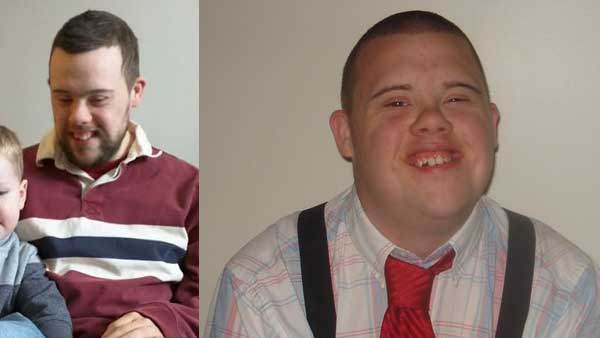How to choose a religion for your child
Choosing Religion for Your Child
Infant Health
Jessica Sillers 5 years ago No Comments
Prev Article Next Article
Car seat, crib, and…church? Making choices about your baby’s religious upbringing (or lack thereof) can be much tougher than researching strollers. If you and your partner come from different religious backgrounds, the conversation can be even more challenging.
Should You “Give” Your Child a Religion At All?
Religious faith is one of the most personal, deeply held sets of beliefs a person can have. Many parents feel strongly about imparting a system of religious teachings to their children as they grow up. Others feel just as strongly that their children should be allowed to ask their own questions and develop their spirituality naturally, without external pressure.
There isn’t a clear right or wrong answer. What’s most important is getting on the same page as your partner. Do you expect to take your children to religious services or observe certain holidays? How often, and which ones? How do you imagine answering your children’s questions about the possibility of an afterlife, or the existence of a god or gods? Regardless of whether you follow an organized religion, your child will ask questions ranging from deep thoughts on morality to practical details about holiday gifts and decorations.
How to Pick Between Religions
There are a few different approaches you can take as a family to decide on your child’s religious upbringing:
- Choose either your religion or your partner’s.
 This works best if one of you is involved in your religion, while the other doesn’t put much emphasis on practicing their faith. Sometimes, one parent simply doesn’t have a strong opinion on religion and is happy to defer to the other parent’s preference. It’s still a good idea for both parents to spend some time understanding what the child will learn, so that the non-practicing parent in particular isn’t caught by surprise later on. The risk with this approach is one parent feeling left out, or becoming resentful over time if they feel their beliefs aren’t valued.
This works best if one of you is involved in your religion, while the other doesn’t put much emphasis on practicing their faith. Sometimes, one parent simply doesn’t have a strong opinion on religion and is happy to defer to the other parent’s preference. It’s still a good idea for both parents to spend some time understanding what the child will learn, so that the non-practicing parent in particular isn’t caught by surprise later on. The risk with this approach is one parent feeling left out, or becoming resentful over time if they feel their beliefs aren’t valued. - Combine aspects of multiple religious traditions. Christianity, Judaism, and Islam, for example, share important common history and beliefs. It may be possible for your family to find a common foundation of beliefs and attend services or celebrate important holidays from both parents’ backgrounds. This “best of both worlds” approach can help everyone feel like their faith is respected. It can also cause confusion, including with extended family.
 Consider whether you’ll take part in rites that are commonly understood to seal a child within one religion, such as a baptism, confirmation, or Bar/Bat Mitzvah. You may also want to discuss how to react if your child wants to commit to one religion in particular.
Consider whether you’ll take part in rites that are commonly understood to seal a child within one religion, such as a baptism, confirmation, or Bar/Bat Mitzvah. You may also want to discuss how to react if your child wants to commit to one religion in particular. - Find a new religion for your family. If neither of you are currently practicing a religion, but you want to choose one for your child, your pregnancy can be a good time to “shop” for a new place to worship. Talk with your partner beforehand about what aspects of religion are important to you, and what you’re looking for by attending services now (Music? A community of other parents? Structure?). Trying a range of services in your area can give you a sense of what to expect, and what you like. If you are nonreligious, you may also be able to find a community of like-minded people who can offer connection, structure, and support.
Even though babies can’t understand religious teachings, it’s good to decide on an approach to religion early. You can always adjust your plan as feelings, beliefs, and circumstances evolve. Practicing open communication as parents is one of the most helpful things you can do to prepare to guide your child together.
You can always adjust your plan as feelings, beliefs, and circumstances evolve. Practicing open communication as parents is one of the most helpful things you can do to prepare to guide your child together.
Jessica Sillers
Jessica Sillers is a parenting and finance writer whose work has been featured in Pregnancy & Newborn, Headspace, and more. As a new mom herself, she’s passionate about helping other parents find the community and support they need. When she’s not writing, she loves spending time with her family, reading, and hiking.
Prev Article Next Article
Choosing Religion for Your Child
There will be two guest posts today, both about children and religion. This morning, Nicole Sprinkle (who you have read here before) struggles with whether or not to “give” her 2-year-old a religion, and if so, which one. (Come back later today to read about a giraffe who is Jewish. )
)
Nina and Religion
By Nicole Sprinkle
Recently, I’ve been wrestling with the idea of religion — specifically whether to impart any to my daughter. A neighbor of mine told me that though she was indifferent to religion, she converted from what she considered a dreadful Catholic upbringing to Judaism when she got married, not because of pressure from her husband, but as protection for her children.
They would be growing up in New York City, she has reasoned, where they would be exposed to all sorts of religions and philosophies, and she never wanted him to feel pressured to join anything because he was raised in a religious vacuum. Even if he eventually chose to denounce Judaism for some other belief, or became agnostic or atheist, he would still have the security of a faith to fall back on.
The conversation has stayed with me. My husband is a lapsed Catholic, and I didn’t have much of a religious upbringing. I was baptized, and my mother tried to keep me in Sunday school at a Methodist church for about a year, sometime around age 5.
My husband is a lapsed Catholic, and I didn’t have much of a religious upbringing. I was baptized, and my mother tried to keep me in Sunday school at a Methodist church for about a year, sometime around age 5.
My cousin, on the other hand, attended a Catholic church and Sunday school regularly. On many occasions, I tagged along with her and my aunt. Catholic church service was intriguing to me — far more so than the uneventful Methodist sessions I had attended sporadically as a child. The host and the wine (well, grape juice) — body and blood of Christ — were both fascinating and creepy.
When I was a little older, I started hanging out with my best friend’s church group, a nondenominational congregation that I later learned was tied to Jim and Tammy Faye Bakker. Now these people knew how to have fun! I would take off with Sonia on weekend retreats where we would sing and dance and put on plays. There was candy and music and boys. I would just tell my mom I was going to a church picnic or some event, and she would think nothing of it — figuring, I guess, that since she had failed to bring me religion, why not let someone else have a try?
There was candy and music and boys. I would just tell my mom I was going to a church picnic or some event, and she would think nothing of it — figuring, I guess, that since she had failed to bring me religion, why not let someone else have a try?
But what she didn’t know — and looking back, what she SHOULD have known — was that embedded in these kid-friendly escapades was a dark, frightening message for young children. After one particularly disturbing weekend in which, at age 10, I witnessed people speaking in tongues without any explanation about what was happening AND was relayed the story of Revelations in graphic detail and then told that if I didn’t “open my heart to Jesus” I would end up in that horror show of hell they had depicted, I finally broke down and told my mom what had taken place. Suffice to say I was never allowed to go to church with Sonia anymore. And that was the end of my religious experience until I moved to New York and attended a few Quaker meetings for about a month.
And that was the end of my religious experience until I moved to New York and attended a few Quaker meetings for about a month.
Remembering this chapter of my life illuminated my neighbor’s point to me. I had been potential prey for a religious organization, in part, because I had no faith of my own. As an adult, still with no faith, I long for it — yet as an adult it can be so much harder to find. Children don’t intellectualize everything; they’re willing to take a leap of faith (pun intended), whereas my inner checklist starts crossing off potential belief systems based on various principles or doctrine that I simply can’t force myself to align with. Yet when I cut through our neighborhood church to get from one side of the street to the other, I envy the women kneeling alone praying in the resounding quiet. And when I see the groups of happy families filing out after Sunday baptisms, I feel a little pinch in my heart.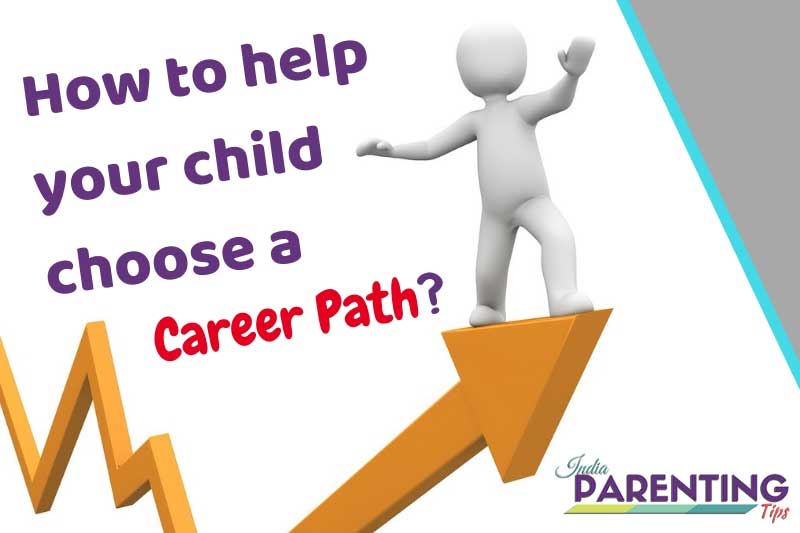
I want Nina to have that, not just as an inoculation against those who would prey on her, but also for the comforts and the bonds that faith seems to bring. I’m still not sure what faith that will be, but I’m ready to start exploring. I figure we can explore together. In a best-case scenario we’ll find something that both enlightens us individually and brings us closer as mother and daughter. Worst-case scenario, we jettison it for something else or nothing at all.
I know there’s an equally compelling case to be made for just letting your child come to religion naturally, to wait for them to start asking questions and then talk with them about options and let them choose their own path. But, in my case, that didn’t work. And now as an adult, I find myself often coming back to song lyrics by Conor Oberst: “Why are you afraid to dream of God, when it’s salvation that you want?” I don’t want to be afraid to dream anymore, not for myself or for my daughter.
How to talk to children about religion: Society Articles ➕1, 05/28/2021
How to talk to children about faith in a way that instills tolerance, but does not contradict one's own religious beliefs? When and where to start? How to get interested in a topic? These and other questions of parents are in instructions Plus‑one.ru .
Religiosity is manifested in following traditions and canons, performing rituals and rituals, visiting temples. For example, Christians celebrate Christmas and Easter - a holiday in memory of the resurrection of Christ. Muslims fast during the holy month of Ramadan and perform the Hajj, a pilgrimage to Mecca in Saudi Arabia. Buddhists hold group meditations and light lanterns on the birthday, enlightenment and death of the Buddha - according to legend, these events happened on the same day. Some people combine the traditions of different religions, for example, they wear both an Orthodox cross around their neck and a red thread on their wrist - a talisman for the followers of Kabbalah and Hinduism. But the depth of faith is not measured by external manifestations and may even contradict them.
But the depth of faith is not measured by external manifestations and may even contradict them.
We live in a secular state whose constitution guarantees freedom of religion to everyone. According to VTsIOM polls, in 2019, 63% of Russians professed Orthodoxy, 5% - Islam, 1% - Catholicism and Protestantism, 6% consider themselves believers, but do not belong to any of the confessions, 6% vacillate between faith and atheism.
Most Orthodox Russians inherited their religion from their families and were baptized in childhood at the behest of their parents. At the same time, the majority of believing women and older people are in favor of initiation into the Orthodox faith and baptism in childhood (60%).
According to child psychologist Lyudmila Petranovskaya, parents have the right to raise their children in their faith, and this is not an imposition of a religious worldview. The main thing is that the faith professed in the family should not be opposed to others: they say, "we believe correctly, but others do not.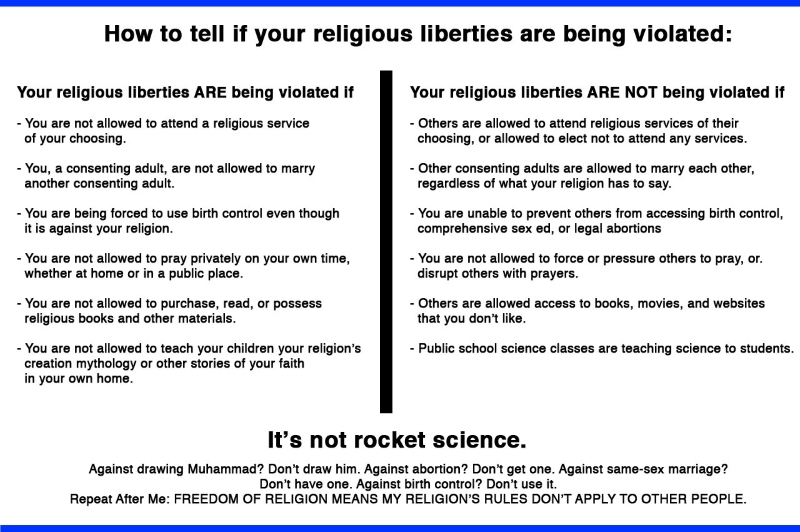 "
"
There is no universal answer to the question of whether to instill in children their faith or give them the opportunity to choose. This is a family right.
It is important for parents not to force a child to their faith by force if he has chosen another religion, confession or spiritual practice, has become an agnostic or an atheist. This will help maintain a trusting and warm relationship with children.
It is customary to instill religious traditions in believing families from infancy. From an early age, the kid participates in the spiritual life of the family, in rituals and holidays. There are Bibles for toddlers and older children, Orthodox children's books, and Sunday schools. All this helps to answer difficult questions of children.
It is necessary to be attentive to such questions and not be afraid to answer them. To talk about your faith, you need to choose the right words - simple and understandable to the child. Remember that preschoolers do not perceive abstract concepts: you should not expect a deep understanding of matters of faith from a child, much less shame him for behavior inappropriate to religious canons.
Remember that preschoolers do not perceive abstract concepts: you should not expect a deep understanding of matters of faith from a child, much less shame him for behavior inappropriate to religious canons.
Sooner or later, children learn about the existence of other confessions. It is important to tell them in advance about basic things: what is religion, how God is called in different faiths; what do they have in common and how do they differ; which religions are the most widespread and in which countries; what are the religious traditions of different peoples.
Teenagers may already have a general understanding of various creeds. Therefore, one should speak openly with them on religious topics, but also without coercion.
By introducing children to the doctrine, one can achieve obedience, but one should not frighten them: fear is a destructive emotion, not a constructive one, and will not bring anything good. Faith is, first of all, moral deeds, and not cramming prayers and going to church.
Faith is, first of all, moral deeds, and not cramming prayers and going to church.
Russian schools have been studying the subject of ODNKNR (“Fundamentals of Spiritual and Moral Culture of the Peoples of Russia”) for several years now.
The Federal State Educational Standard (FGOS) of basic general education includes this subject in the curriculum from the fifth to the ninth grades as compulsory and suggests that teaching “should provide: education of the ability for spiritual development, moral self-improvement; education of religious tolerance, respectful attitude to religious feelings, views of people or their absence.
The course studies the traditions of Christianity, Islam, Buddhism, Judaism.
This school subject is already firmly established in the educational program. In a multinational country where children of different faiths often sit at the same desk, it is not easy to study it.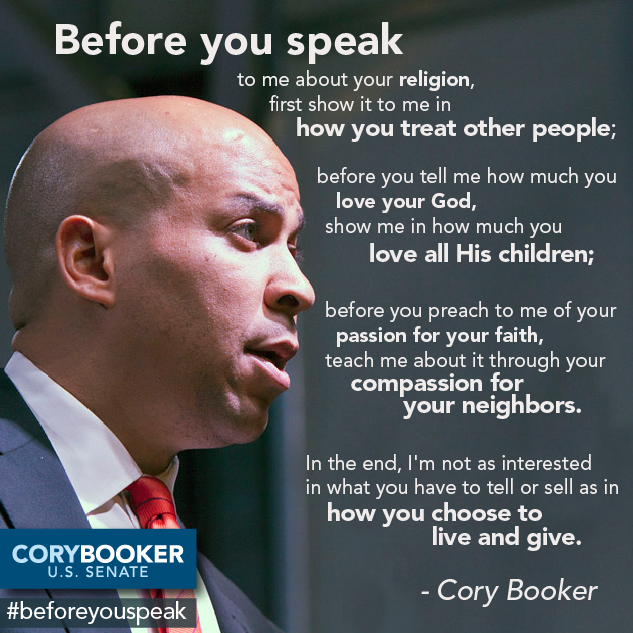 Educators face the difficult task of talking about religions they are not adherents of. There is a risk of accidentally hurting the feelings of believing students or their parents.
Educators face the difficult task of talking about religions they are not adherents of. There is a risk of accidentally hurting the feelings of believing students or their parents.
Ask your children what and how they are taught about religion at school, be interested in the child's attitude to this topic. Visit places of worship when traveling, if it does not contradict your religious traditions.
All this knowledge is needed in a world where religious conflicts so often break out. This knowledge helps to develop tolerance, broadens one's horizons, and allows one to better understand the culture, art, and politics of other countries.
Faith inspires people to creativity, knowledge of the world, good deeds.
Prepare traditional holiday meals with your children. Decorate your family's home for Christmas or Easter. Visit temples - study architecture and art history. By reading the myths of Ancient Greece or the lives of the saints, teach your child to read and develop his imagination. Discuss films and books, history and even politics, touching on the topics of morality, mercy, love.
By reading the myths of Ancient Greece or the lives of the saints, teach your child to read and develop his imagination. Discuss films and books, history and even politics, touching on the topics of morality, mercy, love.
Subscribe to our channel at Yandex.Zen .
Author
Natalya Markova
Illustrations
Anastasia Lobova, Konstantin Chernov
Child and religion
home
Parents
How to raise a child?
Child and religion
- Tags:
- Parent lecture hall
- 3-7 years
- 7-12 years
Talking about religion with a child should not be postponed indefinitely. Religion is part of the world, and the more complete the knowledge about the structure of the world, the more confident the child will feel.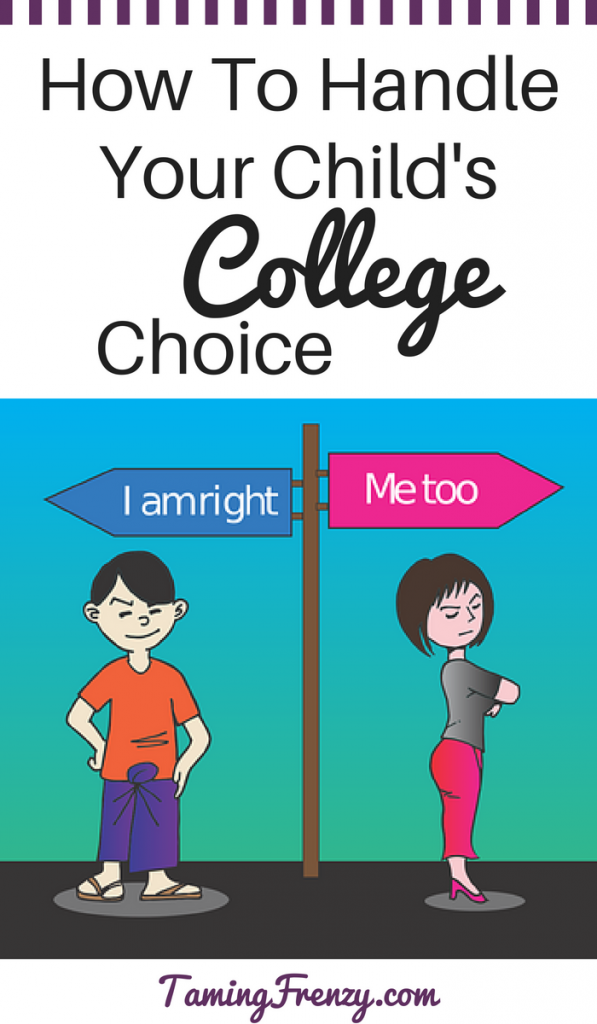 In addition, talking about religion is part of the formation of personality, as knowledge about religions brings up tolerance and tolerance.
In addition, talking about religion is part of the formation of personality, as knowledge about religions brings up tolerance and tolerance.
Do not be afraid to talk about religion
In today's society, religion does not play a dominant role, but children should not be deprived of knowledge about it. Many parents do not touch this topic, because they either consider it difficult or completely optional for the child. But this approach is wrong. Religious education is part of general education, and parents should share with the child knowledge that will help him in his perception of the world. Indeed, most holidays, works of art, history are connected with religion, and if a child is not familiar with its basics, then he perceives the world in a distorted way.
If the parents themselves do not have the necessary knowledge, then the gaps should be eliminated, then it will be easier to answer the child's questions. But in any case, we must remember about tolerance. Even if the parents are atheists, categoricalness and intolerance are inappropriate in a conversation about faith. However, it is also not worth hiding your own opinion. Parents must explain to the child that there are no “bad” or “good” religions and that every person has the right to independently make a choice in favor of a particular denomination or consciously abandon religion.
But in any case, we must remember about tolerance. Even if the parents are atheists, categoricalness and intolerance are inappropriate in a conversation about faith. However, it is also not worth hiding your own opinion. Parents must explain to the child that there are no “bad” or “good” religions and that every person has the right to independently make a choice in favor of a particular denomination or consciously abandon religion.
Do not overload with information
When talking about faith with a child, it is worth remembering that there is a child in front of you. Therefore, the conversation should be built in a language that he understands, there is no point in delving into theological reasoning. And since all religious ideas are abstract, they can be imagined, but not touched, it is very important that all explanations are based on words and life experience. It is also important to choose the right intonation and the right time to speak. It makes no sense to exaggerate the mystery, to speak with pathos or, conversely, with indifference. The conversation should be confidential and should take place at the mutual desire. Do not take your child away from the Ira to start a conversation about faith. But when a child asks "leading" questions, it is better not to shirk the answers. A trip to a museum or watching a TV show together can also be a good moment and starting point for starting a conversation.
It makes no sense to exaggerate the mystery, to speak with pathos or, conversely, with indifference. The conversation should be confidential and should take place at the mutual desire. Do not take your child away from the Ira to start a conversation about faith. But when a child asks "leading" questions, it is better not to shirk the answers. A trip to a museum or watching a TV show together can also be a good moment and starting point for starting a conversation.
Consider age
Starting a conversation about religion, like any other important conversation, it is necessary to take into account the age of the child.
4-5 years:
The child easily believes in all mystical ideas, so he will easily believe in the existence of God. But, since interest in a religious topic at this age is superficial, and the initiative for conversation often comes from parents, you should not overload the child with knowledge.








